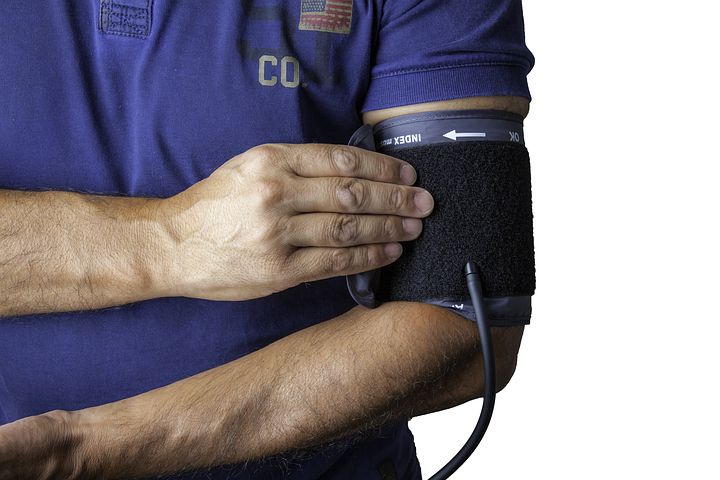As renal denervation procedures are making a comeback in treating resistant hypertension, Vascular Dynamics is going a different route to tackle the condition, by developing a stent-like application that will give therapy to patients.
September 4, 2018

Vascular Dynamics is taking a different approach in its bid to treat patients with drug-resistant hypertension. While firms like Medtronic have gravitated toward using renal denervation to treat drug- resistant hypertension, Vascular Dynamics is developing a stent-like application to treat the condition, which effects more than 100 million patients in the U.S.
The Mountain View, CA-based company said it has enrolled the first patients in a pivotal trial. The company’s CALM-2 study is designed to establish safety and efficacy of the endovascular baroreceptor amplification (EVBA) procedure using the MobiusHD device as a treatment for drug-resistant hypertension.
“This is an endovascular neuro-receptor reflex activation device that is a permanent carotid stent-like implant,” Gregg Stone, MD, Co-Principal Investigator of the CALM-2 trial and Director of Cardiovascular Research and Education for NewYork-Presbyterian/Columbia University Medical Center and Co-Director of Medical Research and Education at the Cardiovascular Research Foundation,toldMD+DI.
The CALM-2 trial is targeting enrollment of up to 300 patients at leading institutions across the U.S. and Europe.
“[The technology] has been used in a modest number of patients and open-label studies,” Stone said. “It has been shown in patients with resistant hypertension to be quite remarkably effective. Now the question is can we show the same results in a well-designed sham-controlled trial. We’re very excited about the potential of this device being able to play an important role in the treatment of those patients who have really very few clinical options.”
At one point renal denervation seemed as if it was the hottest approach device companies were taking toward treating drug-resistant hypertension in patients. Earlier this year, Medtronic renewed its interest in renal denervation by gaining FDA approval to launch a pivotal trial testing the Symplicity Renal Denervation system.
The measure came after the Dublin-based company’s Symplicity Renal Denervation system failed to meet its primary endpoint in SYMPLICITY HTN-3 trial. However, the device did meet its safety endpoints.
The negative outcome of the SYMPLICITY HTN-3 trial caused many companies to abandon the renal denervation hype train.
Stone said that there was some pressure on Vascular Dynamics for its technology but noted that things aren’t as gloomy for renal denervation or approaches using devices to treat drug- resistant hypertension as they were in the past.
He noted that there are three sham trials that have had positive results using renal denervation. He added that companies are learning from the mistakes of past trials and are more rigorously designing clinical studies.
“It was a shock to everybody that the Symplicity Hypertension treatment [failed to meet its primary endpoint], but it’s also been a wakeup call,” Stone said. “They thought it was going to be such a wildly positive study, but they didn’t consider all of the sources of variability. We’ve learned and have scrutinized all of [Medtronic’s] results – what they did right; and what they could have improved.”
About the Author(s)
You May Also Like




